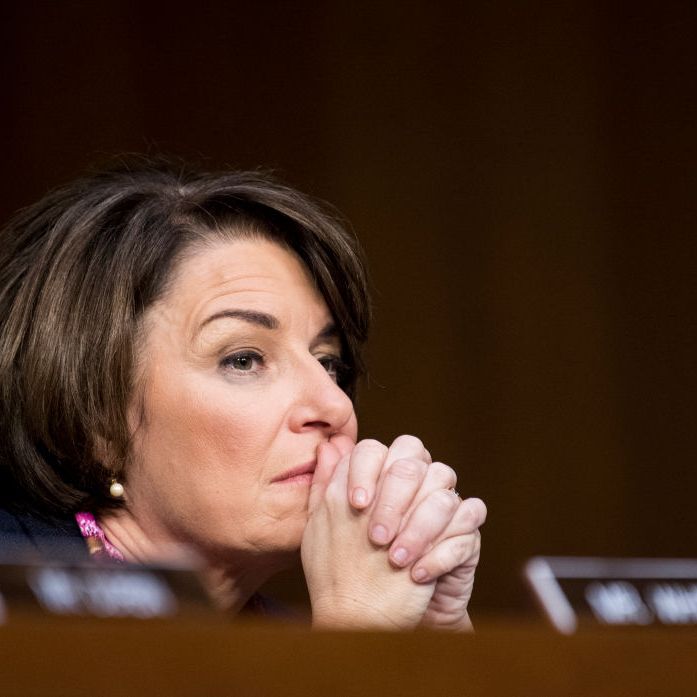In the realm of politics, the treatment of staff members can often be a contentious issue, shedding light on the character and leadership style of politicians. The recent reports of mistreatment within Senator Amy Klobuchar’s office have sparked a debate about gender bias in the media. The question arises: Would the media be reporting on Klobuchar’s staff mistreatment if she were a man?
The gender dynamics at play in political reporting are complex and nuanced, but it is undeniable that there is a disparity in the way male and female politicians are scrutinized. This article delves into the potential reasons behind the differing media coverage of Klobuchar’s alleged mistreatment of staff, exploring the implications of gender bias in political journalism.
The Power of Perception
The perception of female politicians in the media is often shaped by societal stereotypes and biases. Women in leadership roles are frequently subjected to harsher scrutiny and criticism compared to their male counterparts. This phenomenon, known as the “double standard,” can be seen in the way Klobuchar’s alleged mistreatment of staff has been portrayed in the media.
Gendered Expectations
There is a prevailing expectation that female politicians should adhere to a certain code of conduct, characterized by warmth, empathy, and nurturing qualities. When a female politician deviates from these expectations by displaying assertiveness or toughness, she is often labeled as “difficult” or “demanding.” In contrast, male politicians who exhibit similar behavior are praised for their leadership and decisiveness.
The Likability Factor
Likability plays a significant role in shaping public perception of politicians, particularly female candidates. Studies have shown that women are often judged more harshly based on their likability, with negative perceptions overshadowing their qualifications and policy positions. This likability bias can influence the way the media covers allegations of staff mistreatment, as female politicians like Klobuchar may face greater scrutiny and criticism.
Unconscious Bias in Reporting
Unconscious bias plays a significant role in shaping media coverage of political figures, influencing the way stories are framed and interpreted. Journalists may inadvertently perpetuate gender stereotypes in their reporting, reinforcing existing biases and misconceptions about female politicians. This bias can manifest in subtle ways, such as the language used to describe a female politician’s behavior or the emphasis placed on certain aspects of a story.
Confirmation Bias
Confirmation bias can also influence the way the media portrays allegations of staff mistreatment involving female politicians. Journalists may unconsciously seek out information that confirms preconceived notions about gender and leadership, overlooking contradictory evidence or alternative perspectives. This bias can lead to a distorted or incomplete picture of the situation, further perpetuating misconceptions about female politicians.
Framing the Narrative
The way a story is framed in the media can have a significant impact on how the public perceives it. Journalists have the power to shape the narrative surrounding a particular issue, highlighting certain details while downplaying others. This framing can be influenced by unconscious biases and stereotypes, affecting the overall tone and portrayal of a female politician like Klobuchar in the context of staff mistreatment allegations.
Conclusion
In conclusion, the media’s coverage of allegations of staff mistreatment involving Senator Amy Klobuchar raises important questions about gender bias in political journalism. The disparity in the way male and female politicians are scrutinized highlights the need for a more nuanced and equitable approach to reporting on political figures. By examining the power of perception, unconscious bias, and narrative framing, we can gain a better understanding of the complexities at play in the media coverage of female politicians and the implications for gender equality in politics.

